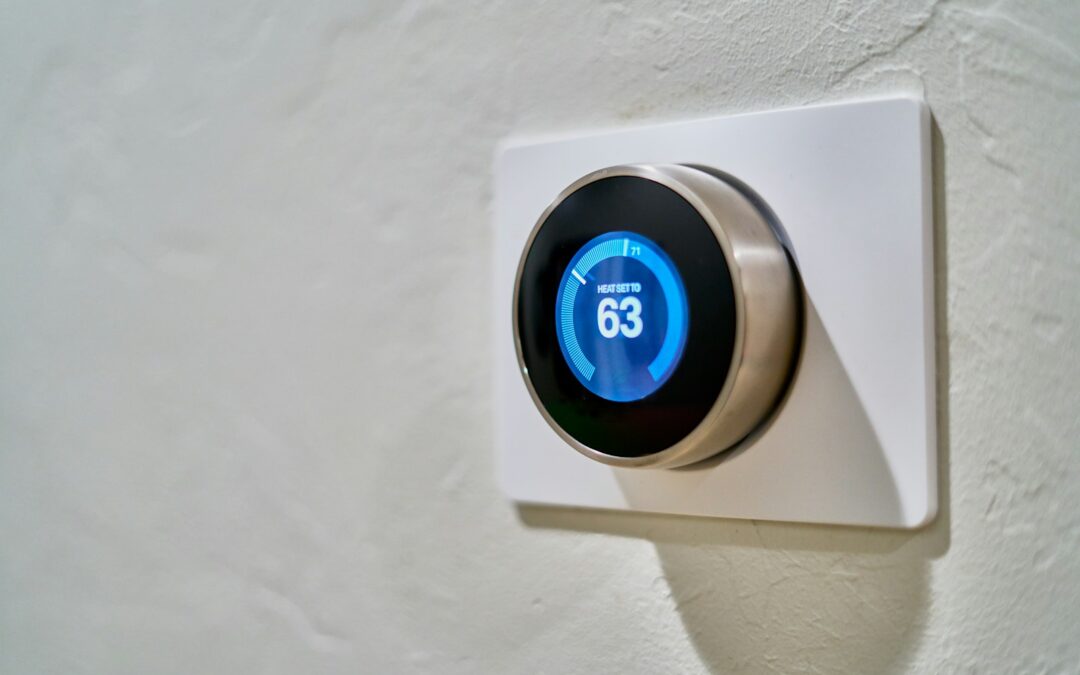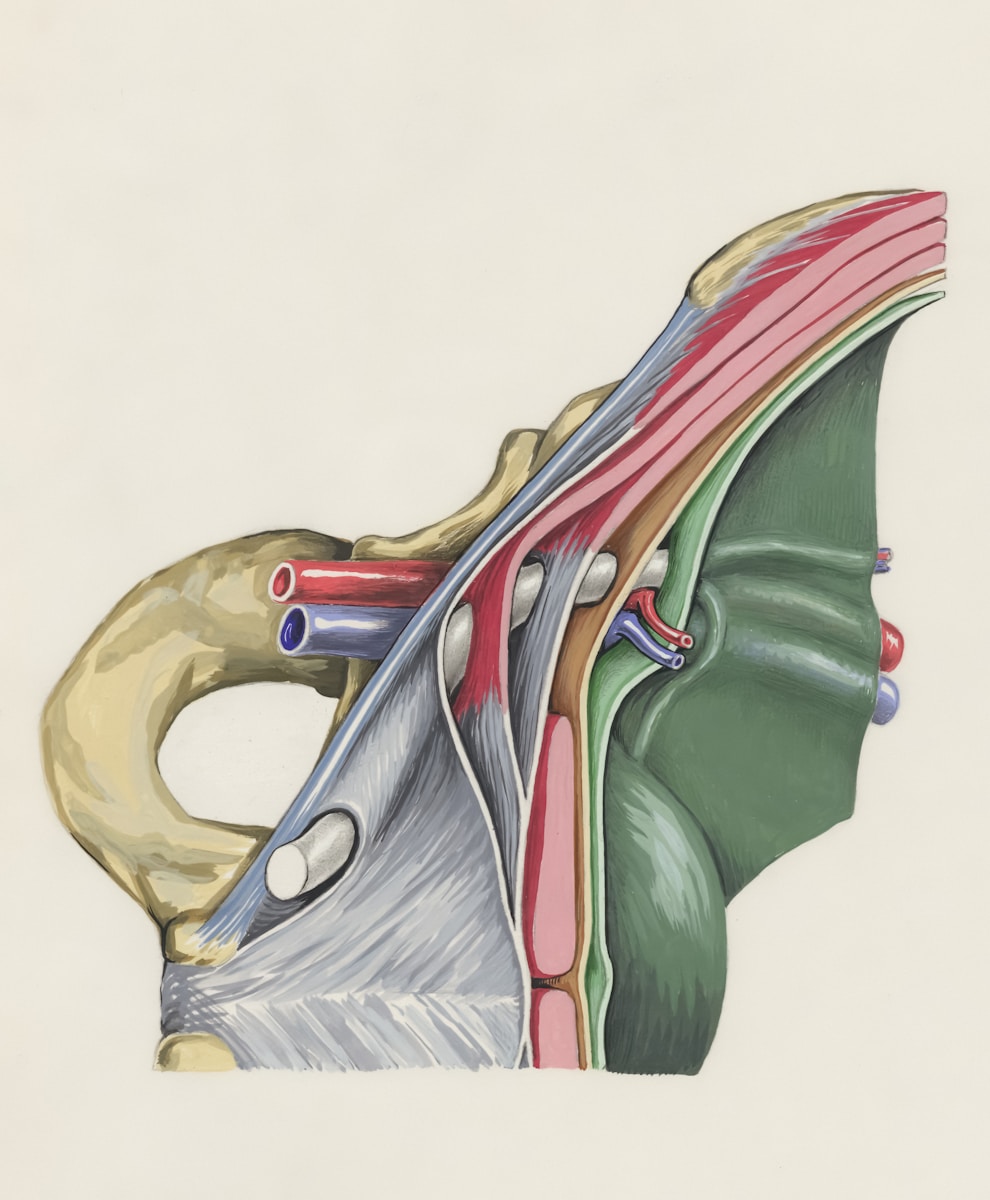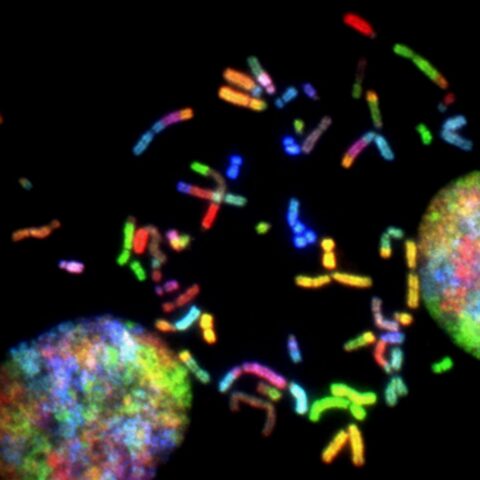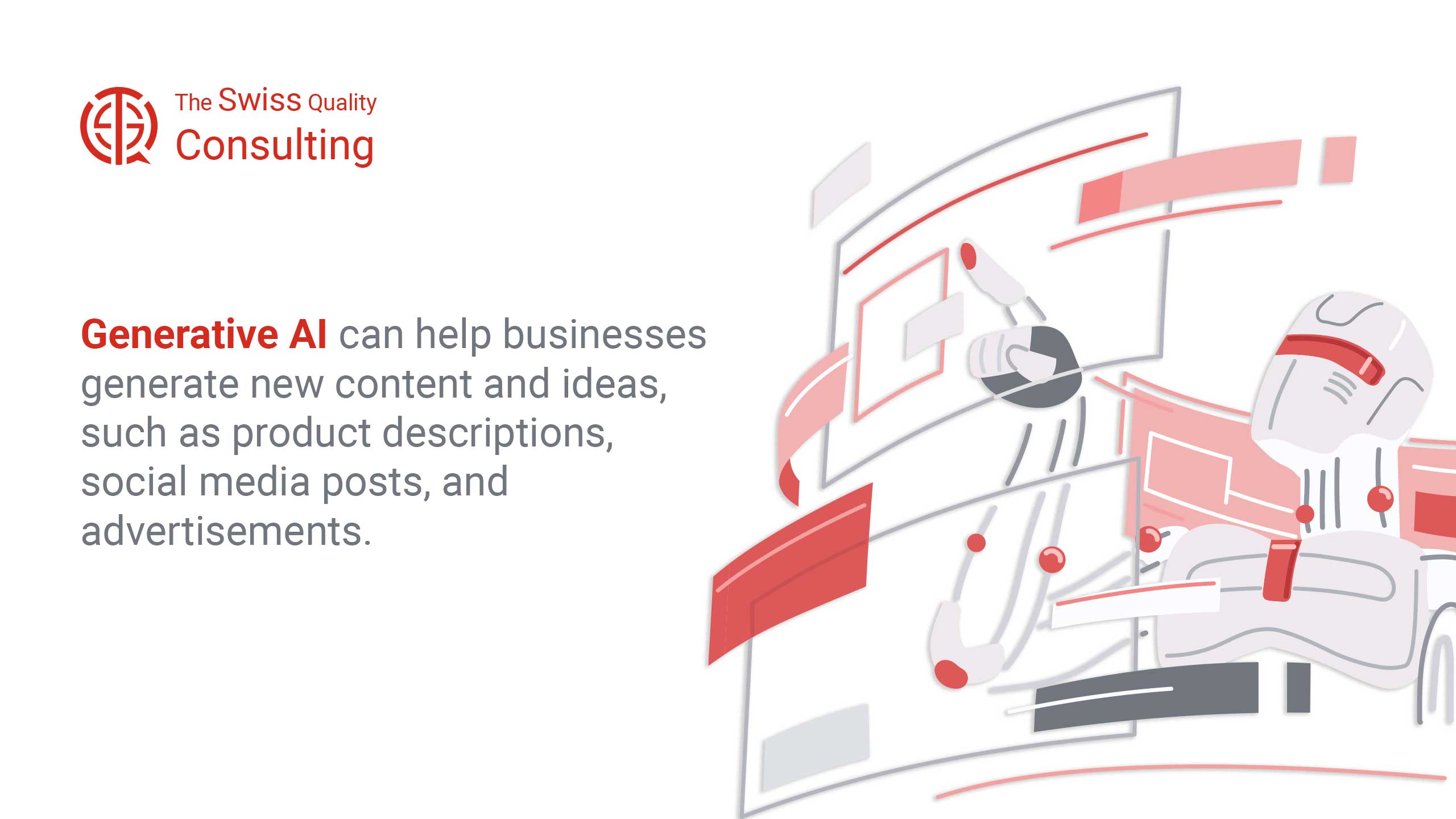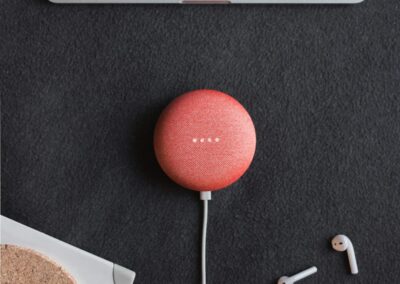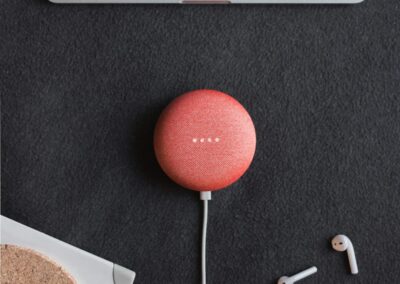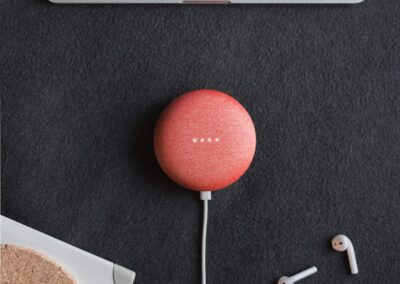Revolutionizing Energy Distribution with IoT in Smart Grids
The Impact of IoT on Energy Management in Smart Cities
The integration of IoT in smart grids is transforming energy distribution and consumption in modern smart cities, offering unprecedented benefits in efficiency and management. In dynamic urban centers like Dubai and Riyadh, where rapid growth and technological advancements intersect, smart grids powered by IoT technology play a crucial role in optimizing energy resources. By leveraging IoT-enabled smart grids, cities can achieve more precise control over energy distribution, reduce waste, and improve overall sustainability.
IoT technology enhances smart grids by providing real-time data on energy usage and infrastructure performance. This capability allows city planners and utility providers to monitor and adjust energy distribution dynamically, responding to fluctuations in demand and preventing outages. For example, IoT sensors embedded in the grid infrastructure can detect inefficiencies and faults, enabling timely maintenance and reducing downtime. This proactive approach ensures a more reliable and efficient energy supply, which is essential for maintaining the quality of life in rapidly expanding urban areas.
Moreover, IoT-enabled smart grids facilitate advanced energy management techniques, such as demand response and load balancing. By analyzing data collected from various sensors and smart meters, these systems can optimize energy consumption patterns and implement strategies to manage peak loads effectively. This not only enhances the efficiency of energy distribution but also contributes to the overall sustainability of the city by reducing the environmental impact of energy production.
Enhancing Energy Consumption Efficiency with IoT
The benefits of IoT in smart grids extend beyond energy distribution to include significant improvements in energy consumption efficiency. In cities like Dubai, where energy demands are high and sustainability is a key focus, smart grids enable residents and businesses to manage their energy usage more effectively. IoT technology provides detailed insights into energy consumption patterns, allowing users to make informed decisions about their energy use and implement energy-saving measures.
Smart meters and IoT sensors provide real-time feedback on energy consumption, empowering users to monitor and adjust their usage proactively. For instance, residential and commercial properties can benefit from automated systems that adjust lighting, heating, and cooling based on occupancy and usage patterns. This level of control helps to minimize energy waste and lower utility costs, contributing to more sustainable living and operational practices.
Additionally, IoT-enabled smart grids support the integration of renewable energy sources into the urban energy mix. By providing accurate data on the availability and performance of renewable resources, such as solar and wind power, smart grids can effectively incorporate these sources into the energy supply. This integration not only reduces reliance on non-renewable energy but also enhances the overall resilience and reliability of the city’s energy infrastructure.
Optimizing Urban Energy Infrastructure with IoT Technology
Driving Sustainable Development with IoT in Smart Grids
In the context of smart cities, IoT in smart grids is a critical component of sustainable development strategies. Cities like Riyadh and Dubai are leveraging IoT technology to create more intelligent and adaptive energy systems that align with their ambitious sustainability goals. By integrating IoT sensors and analytics into their energy infrastructure, these cities are able to optimize resource management, reduce energy consumption, and minimize environmental impact.
The adoption of IoT-enabled smart grids facilitates the implementation of innovative energy management solutions, such as real-time energy analytics and predictive maintenance. These solutions provide valuable insights into the performance of energy systems, enabling city planners to make data-driven decisions that enhance efficiency and sustainability. For example, predictive analytics can identify potential issues before they escalate, allowing for timely interventions and reducing the risk of costly disruptions.
Furthermore, IoT technology supports the development of smart grid applications that enhance energy conservation and environmental stewardship. Initiatives such as smart street lighting, energy-efficient buildings, and electric vehicle charging infrastructure are made possible by the capabilities of IoT-enabled smart grids. These applications contribute to a greener urban environment and support the long-term sustainability of the city’s energy resources.
Enhancing Resilience and Reliability with IoT-Driven Smart Grids
The resilience and reliability of urban energy systems are greatly improved through the use of IoT in smart grids. In cities facing rapid growth and increasing energy demands, such as those in the UAE and Saudi Arabia, smart grids equipped with IoT technology offer enhanced capabilities for managing and maintaining energy infrastructure. The ability to monitor and respond to system performance in real-time is essential for ensuring a stable and reliable energy supply.
IoT-enabled smart grids provide advanced tools for detecting and addressing potential issues before they impact the energy supply. For example, smart sensors can identify anomalies in energy usage or infrastructure performance, triggering automatic responses to prevent outages or system failures. This proactive approach not only improves the reliability of the energy supply but also minimizes the impact of disruptions on residents and businesses.
In addition, the flexibility of IoT technology allows smart grids to adapt to changing energy needs and emerging challenges. As cities continue to evolve and expand, smart grids can be easily upgraded and scaled to accommodate new developments and technologies. This adaptability ensures that the energy infrastructure remains resilient and capable of supporting the city’s growth while maintaining high standards of efficiency and sustainability.
In conclusion, the integration of IoT technology into smart grids offers numerous benefits for energy distribution and consumption in smart cities. By enhancing energy management, improving efficiency, and supporting sustainable development, IoT-driven smart grids play a vital role in shaping the future of urban energy systems. As cities like Riyadh and Dubai continue to embrace technological advancements, the role of IoT in smart grids will remain crucial for achieving their sustainability and resilience goals.
—
#IoTinSmartGrids #SmartGridEnergyManagement #EfficientEnergyConsumption #SmartCityEnergySolutions #ModernEnergyManagement #UrbanEnergyInfrastructure #SustainableEnergyTech

